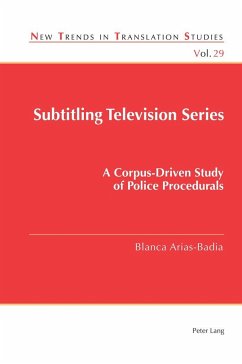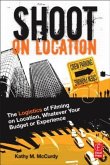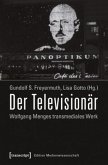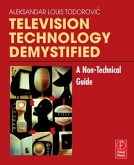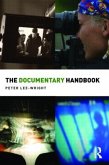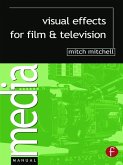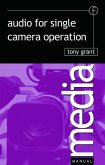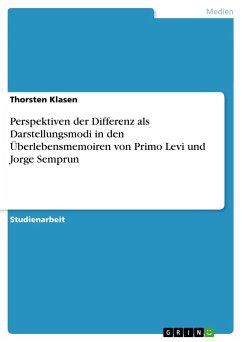Television series are regarded as significant works of popular culture in today's society, which explains the increasing demand to translate them into other languages to reach larger audiences. This book focuses on one of the two most common modes of audiovisual translation for this type of product: subtitling. The naturalness that is expected in television dialogue together with the spoken-to-written medium conversion entailed in subtitling pose a challenge for professionals, who have been typically blamed for neutralising the source dialogue. Little to no empirical evidence, however, has been provided to effectively address this issue to date.
This book offers a contrastive study of the American English television dialogue and the Castilian Spanish subtitles of three popular police procedurals: Castle (2009), Dexter (2006) and The Mentalist (2008). After introducing some basic notions to frame the study - such as translation norms, audiovisual text and fictive orality - more than twenty lexical and morphosyntactic features in the series are analysed from a qualitative and quantitative point of view. Throughout the chapters, a combination of corpus-based and corpus-driven methodologies are used to offer a sound, empirically grounded characterisation of the language employed in these audiovisual productions and their translations.
This book offers a contrastive study of the American English television dialogue and the Castilian Spanish subtitles of three popular police procedurals: Castle (2009), Dexter (2006) and The Mentalist (2008). After introducing some basic notions to frame the study - such as translation norms, audiovisual text and fictive orality - more than twenty lexical and morphosyntactic features in the series are analysed from a qualitative and quantitative point of view. Throughout the chapters, a combination of corpus-based and corpus-driven methodologies are used to offer a sound, empirically grounded characterisation of the language employed in these audiovisual productions and their translations.

